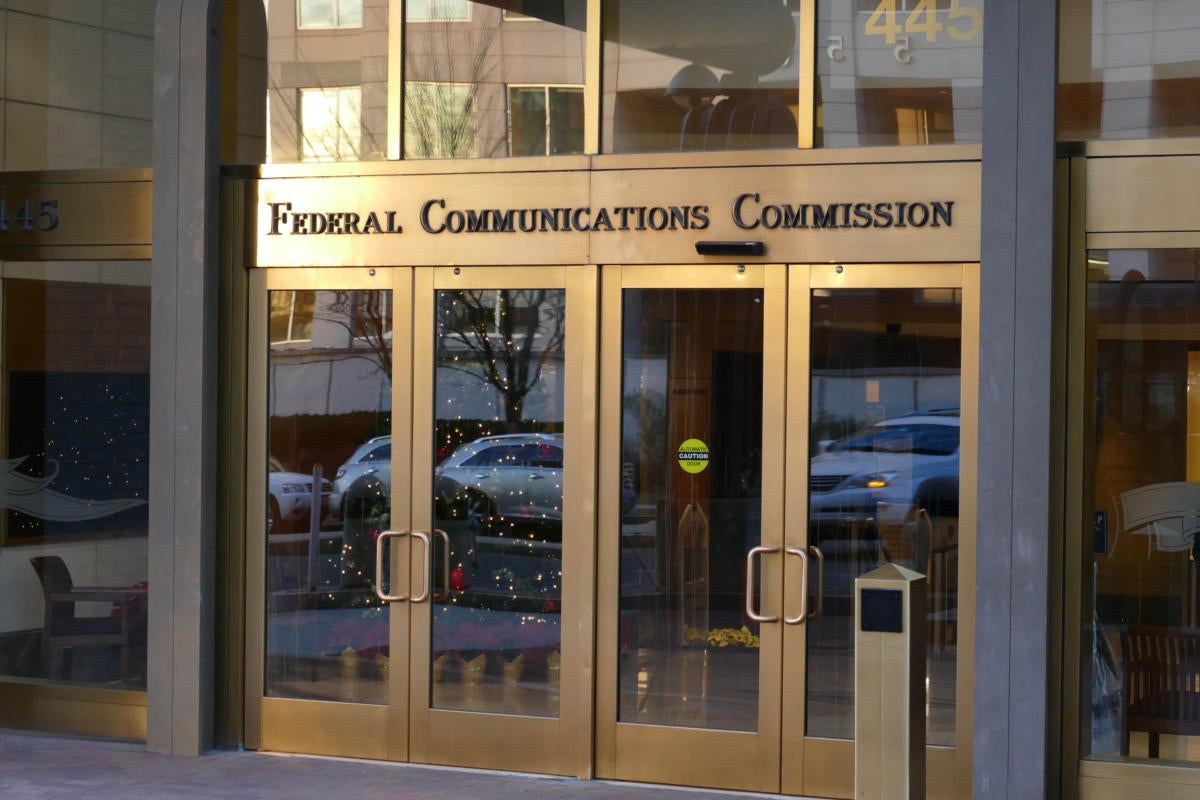Plans to eviscerate the FCC appear to be proceeding apace. Mere days after outgoing Chairman Tom Wheeler enumerated the agency’s achievements and warned of the dangers to consumers and the economy in dismantling net neutrality rules, a report leaked that President-elect Trump has signed off on a proposal that would strip the agency of its authority to protect consumer rights and promote competition.
The FCC can opt to laxly enforce existing regulations—and under GOP-majority commissioners, it certainly will. But the purported plan seeks to reshape the agency’s very mission. Multichannel News broke the news that Trump’s FCC transition team proposes moving functions deemed “duplicative,” like competition and consumer protection, to other agencies such as the FTC, which has been overburdened, understaffed, and all too often toothless as a watchdog. “Some have described the plan as one to eliminate the FCC,” Multichannel News writes.
"Streamlined" into insignificance
Transition team members Roslyn Layton and Jeffrey Eisenach have previously argued the need to “streamline” the FCC to “eliminate the silo-based structure and replace it with a technology-neutral, competition-oriented approach.” In a 2014 letter to Congress, they said, “Industry-specific competition oversight is not only unnecessary, but leads to regulatory discrimination and market distortions.”
And transition team member Mark Jamison, a former lobbyist for Sprint, has argued that “most of the original motivations for having an FCC have gone away [since] telecommunications network providers and ISPs are rarely, if ever, monopolies.”
The FCC they envision would likely be charged with overseeing Universal Service programs and managing spectrum allocation.
Two steps backward
In his last speech as FCC’s chair, Wheeler warned: “What some describe as ‘free market economics’ cannot mean simply freeing incumbents of their responsibilities. A hands-off approach to network oversight is more than a shift in direction, it is a decision to remove rights and move backward.”
Or as reader mjburgess commented on a Reddit thread, “People think [about deregulation] in the context of small businesses. ‘Less regulation for the two communications monopolies’ doesn’t sound the same.”
On the campaign trail, Trump was critical of telecom companies—especially the proposed AT&T/Time Warner merger—as being too big. There were hopes, when he appointed Republic wireless founder David Morken to the transition team a few weeks ago, that Trump might carry through on those populist sentiments.
Morken last month told The Wall Street Journal that “traditional Republican telecom policy has favored incumbents who are heavily engaged in regulatory capture over innovators like us.” According to a Multichannel News source, Morken’s minority proposal for the FCC included preserving network neutrality rules and making the FCC a cabinet-level agency with increased funding.
But if recent reports are true, President Trump has pivoted quickly from populist to monopolist.
The Trump administration cannot move unilaterally to slash the FCC’s authority; Congress would need to get involved. But with a GOP majority, and Rep. Marsha Blackburn—an avid supporter of AT&T and protectionist state laws that ban competition—now chairing the House Energy Subcommittee on Communications and Technology, that might not be such a tall order.
The stakes are high
Gutting the FCC puts more at risk than net neutrality—as important as that victory was. Also at stake are efforts to curb anticompetitive practices like AT&T’s and Verizon’s zero-rating plans; upholding the recently passed broadband privacy protections; crafting rules to unlock pay-TV set-top boxes; and blocking anticompetitive mega mergers such as AT&T’s proposed $100 billion acquisition of Time Warner—which now looks likely be approved. Indeed Wall Street is anticipating an era of mega mergers under Trump, and rumors of Verizon buying Comcast have already begun to circulate.
Harold Feld, senior VP for advocacy group Public Knowledge, called the transition team’s plan for the FCC “a declaration of war on the most basic principles of universal service, consumer protection, competition, and public safety that have been the bipartisan core of the Communications Act for the last 80+ years.” The proposal would “poison the well for any serious effort to update the Communications Act,” he added.
Foxes in the henhouse
Off-loading oversight of a telecom market sorely lacking in competition (despite Jamison’s claims to the contrary) is akin to putting the foxes in charge of the henhouse. Government regulation of an industry that is essential to consumers and the economy in the 21st century should not be discarded. Wheeler said:
Those who build and operate networks have both the incentive and the ability to use the power of the network to benefit themselves, even if doing so harms their own customers and the greater public interest. This is not casting aspersions at network operators, it is simply stating an historical fact that reflects basic human nature. It is no different than the human impulse that prompted the imposition of speed limits. The question going forward is whether the ISPs and policy makers will recognize that obeying speed limits helps everyone?
As reader HapticSloughton commented on Reddit, “It’s like they’d be fine with road maintenance being run by big-box stores, with the mom-and-pop shops ending up with gravel paths at best.”
Eternal vigilance
Wheeler says he takes comfort in Abraham Lincoln’s words in his First Inaugural: “While the people retain their virtue, and vigilance, no administration … can very seriously injure the government, in the short space of four years.”
The first step in such vigilance, he says:
Ask those who want to rush to take away existing protections a simple question: where’s the fire? What has happened since the Open Internet rules were adopted to justify uprooting the policy? …Network investment is up [35 percent], investment in innovative services is up, and ISPs revenues—and stock prices—are at record levels. So, where’s the fire? Other than the desires of a few ISPs to be free of meaningful oversight, why the sudden rush to undo something that is demonstrably working?
Why indeed.
Stay tuned in the weeks ahead, as the fate of the FCC, and the protections it has championed, become clearer.






